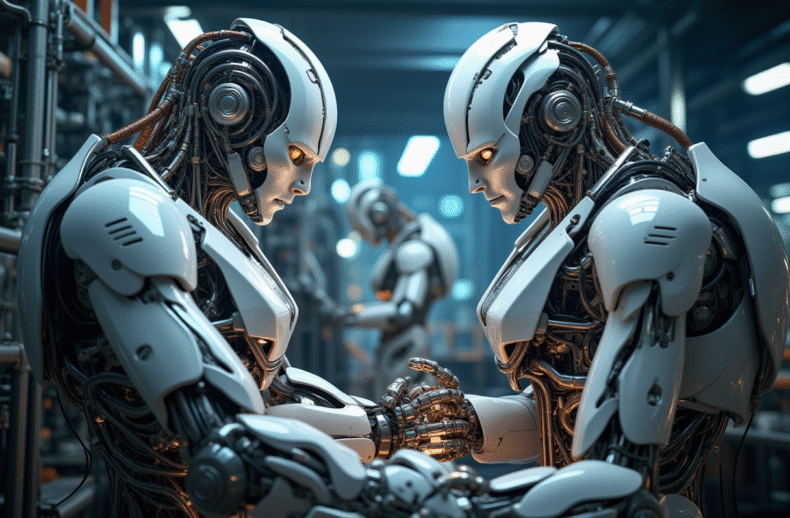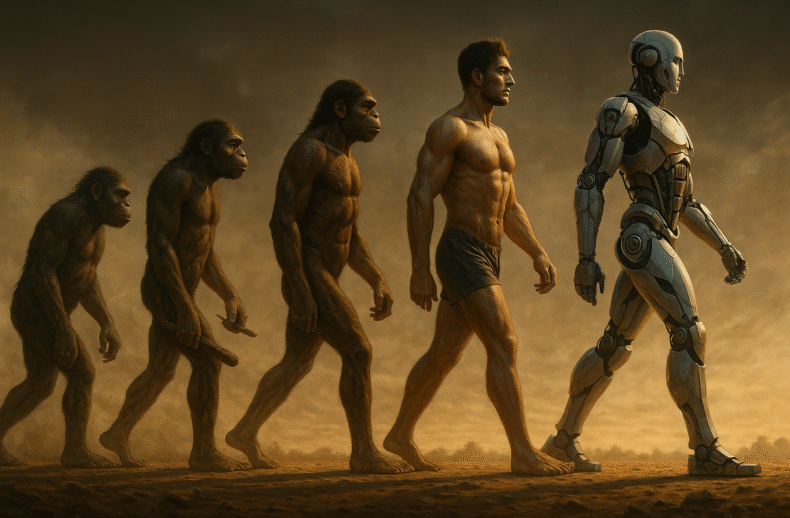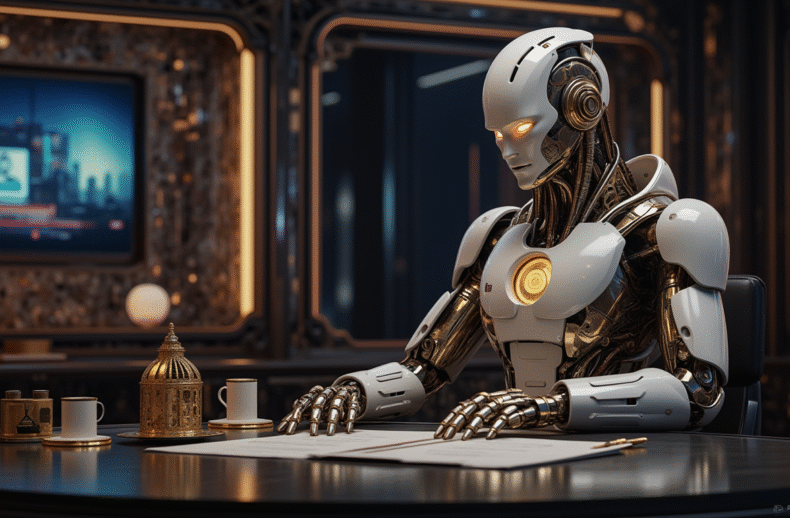As the cost of humanoid robots drops below critical thresholds, we approach a tipping point where machines can economically replace all forms of human labor—everywhere on earth. The true revolution begins when robots not only perform work, but also autonomously build and repair each other, unleashing a self-replicating wave of automation. This shift, driven by global market pressures, financial instability, and social unrest, will forever change the balance between capital and labor and force society to confront a future beyond traditional work.




